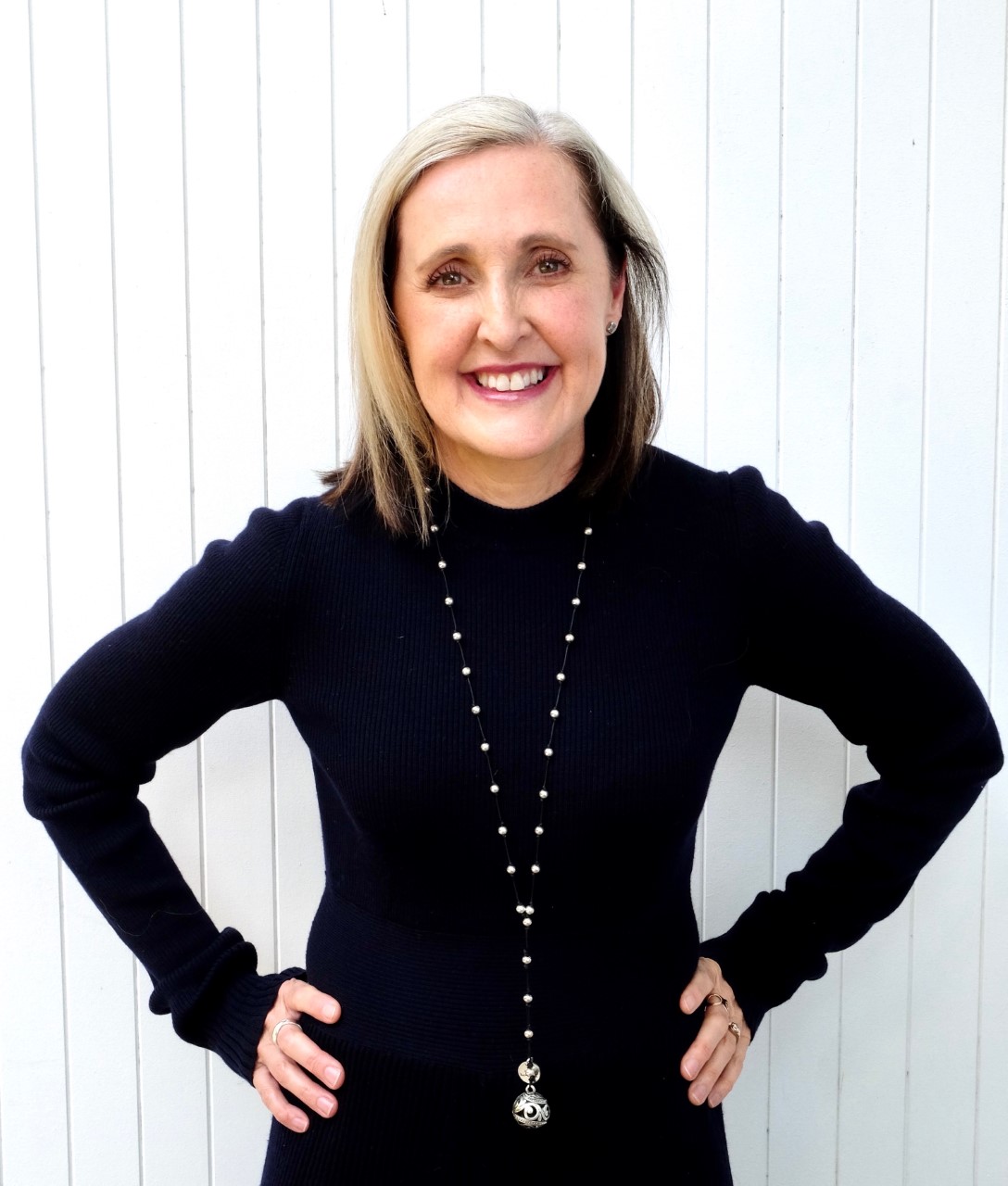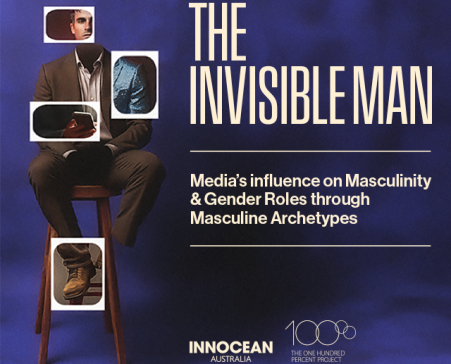Diversity of Thought Blog
“You can’t be, what you can’t see” – Jane Hill, Co-Chair, The 100% Project

It’s a common statement and one I relate to. I wanted to be a pilot when I was young but couldn’t see (m)any female pilots. It still sparks joy when I hear a female voice share the flight plan. This statement continues to ring true. It’s International Men’s Day on Nov 19 and I’m reminded that the majority of new fathers don’t take extended parental leave, even when available, because “they can’t be, what they can’t see”. They say they’re concerned about the negative impact on their career but as a result, they miss out on time with their child, their child misses out on bonding with their father and their female* partner misses out because, often, she’s required to take a longer career break, impacting her skills and income. The economic, social, and organisational benefits of both parents taking parental leave are well documented. In October, the Women’s Economic Equality Taskforce (WEET) released its 10-year plan. One data point showed the trajectory of the average 25-year-old woman. If she has at least one child, and if current working patterns continue, this woman can expect to earn $2 million less over her lifetime than the average 25 year-old man who becomes a father! WEET estimated Australia stands to gain $128 billion from unlocking women’s full and equal economic participation.
In 2021, The 100% Project released research entitled “Breaking Dad“**, which explored the importance of a psychologically safe workplace so fathers felt empowered to take parental leave. That year, I recorded a podcast*** with Rose Herceg, WPP President, AUNZ, one of the world’s biggest advertising agency group. We discussed WPP’s approach to parental leave and the communications industry role in breaking down gender stereotypes and parenting tropes.
The 100% Project and INNOCEAN have embarked on a research project to explore the hypothesis that media content portraying traditional gender archetypes is contributing to the snail-like progress of gender equality. Hopefully, the next generation will never hear the statement “you can’t be, what you can’t see” as gender equality will exist in their family, their community, their organisation and in the content they consume.
*I’ve assumed a traditional heterosexual relationship, but of course many types of families exist.
** If you would like to read the research, visit https://the100percentproject.com.au/research/ to download a copy.
*** You are welcome to listen to the podcast.

